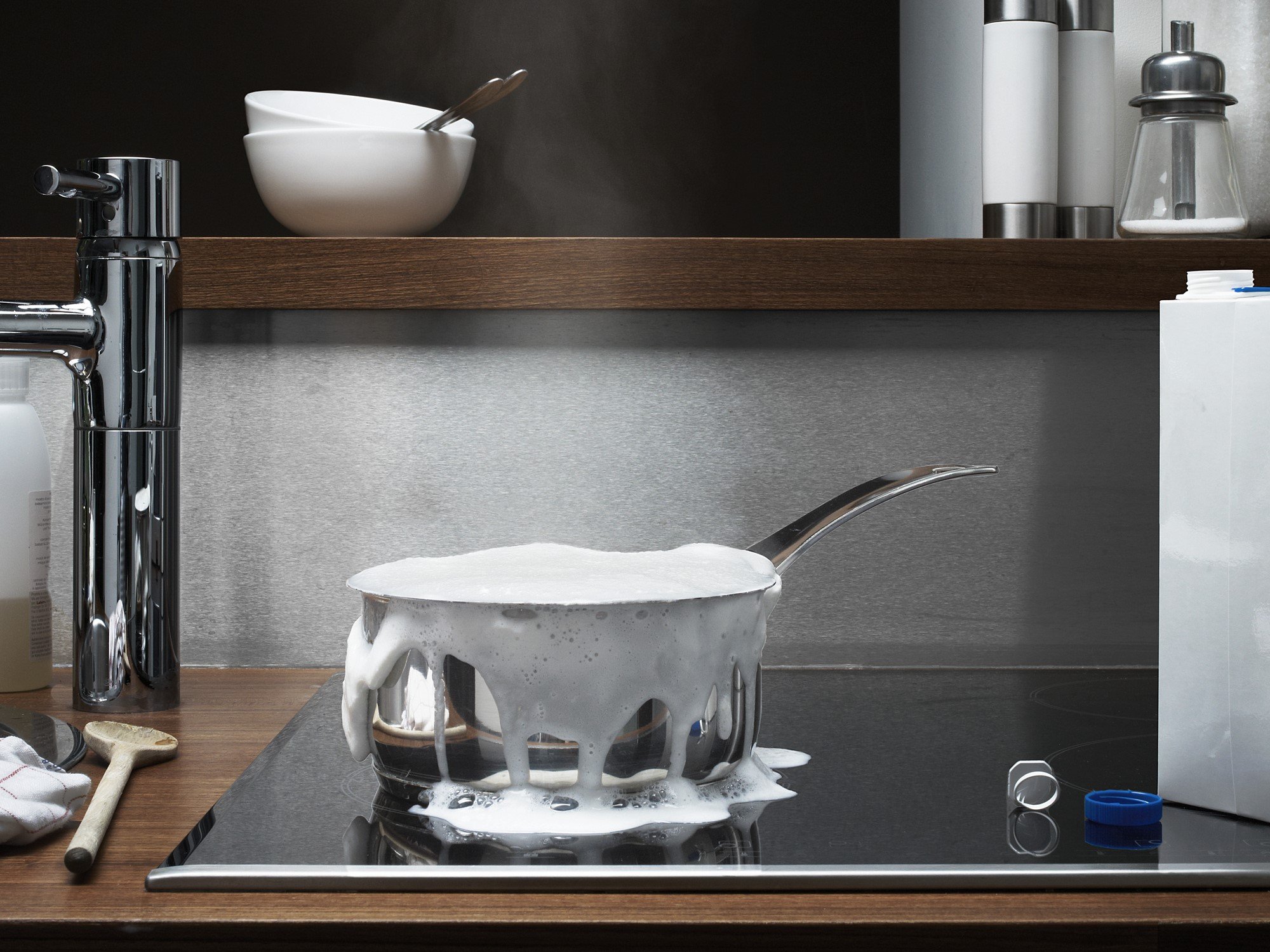
The term “ghost kitchens” first appeared in a 2015 NBC New York article, but they are now an established presence in the restaurant world.
Ghost kitchens are food preparation and cooking facilities, often shared by multiple operators, that produce delivery-only meals. When NBC New York pulled back the covers, they found various nefarious activities and cautioned diners that the delivery food they order might be prepared in “unregulated kitchens” lacking restaurant permits.
These kitchens continued to operate in New York and elsewhere, but it wasn’t until the COVID-19 pandemic arrived in March 2020 that they took widespread root. The risk of contracting or spreading a sometimes-deadly illness convinced diners to stay away from traditional restaurants (if they were even open) and order delivery. Since then, ghost kitchens have proliferated and now lay claim to a firm position in the food industry.
So, are ghost kitchens legal? The answer is clearly yes, but there are other legal questions surrounding them.
Who Regulates Ghost Kitchens? And How?
Government officials, for instance, are figuring out how ghost kitchens fit into regulatory schemes. Typically, these operations involve a brand that uses an off-location kitchen to prepare the food. Unlike traditional restaurants, ghost kitchens don’t have seating, wait staff, or storefronts.
Some cities, like New York, provide inspection letter grades on health department websites. But officials in some jurisdictions have expressed concern that a food facility using a ghost kitchen could cover up a low score by merely operating under a name that is not in the system. At least that is one of the concerns that surfaced when New York’s Small Business Committee examined how to better regulate ghost kitchens in 2020.
Government officials’ primary concern is food safety requirements. And depending on how the ghost kitchens are set up, the food-safety regulator could either be the U.S. Food and Drug Administration or state and local health authorities.
Facilities that process, pack, and hold food for consumption must be licensed with the FDA. But businesses classified as a restaurant, which the FDA defines as “a facility that prepares and sells food directly to consumers for immediate consumption,” state and local health authorities are responsible for oversight.
Whether it’s the FDA or state and local authorities, all ghost kitchens must meet food safety standards. This is where it gets a bit tricky for consumers.
“Because of the virtual nature of ghost kitchens, consumers cannot access health inspection letter grades as readily as they could at traditional restaurants, which may be required to display proof of inspection in their storefronts or dining areas,” according to The Regulatory Review.
The Review suggested one way that consumers could better know about the safety of the delivery food they purchase is if food-delivery companies would disclose the inspection grades of the kitchens they service.
Who Can You Sue?
Another issue for consumers is that if they get sick from food prepared in a ghost kitchen, it may be difficult to pinpoint who is liable.
“When several restaurants operate out of the same ‘ghost kitchen’ and the nature of these kitchens are temporary, it can become increasingly difficult to track down who owns what,” said Krenar Camili, a New Jersey personal injury attorney. “This could become a legal issue for someone looking to sue a food business that is simply a brand name operating from a ghost kitchen.”
As ghost kitchens have taken hold, it was probably inevitable that a savvy entrepreneur would take the concept to the next level. That seems to be the case with Reef Technology, a former parking facilities company. Reef is using its vast network of parking lots and garages to house more than 5,000 ghost kitchens — some brick-and-mortar and some in trucks — to serve big restaurant names like Wendy’s, Bennigan’s, and TGI Friday’s.
The rapid expansion has not happened without difficulties. In New York City, the Health Department flagged Reef late last year for “violating numerous New York City health and safety requirements,” adding that Reef agreed to cease operations to assure that it follows city regulations.
Reef also clashed with regulators in Minneapolis, where officials wanted to regulate them as food trucks and fined Reef for various violations, including faulty food storage. Reef responded by shutting down three mobile kitchens in the city.
It does seem clear that ghost kitchens are here to stay, however. After all, we are accustomed to the presence of food trucks everywhere, and how different are ghost kitchens from kitchens on wheels?
But at least with the trucks, you know where your food is prepared.
